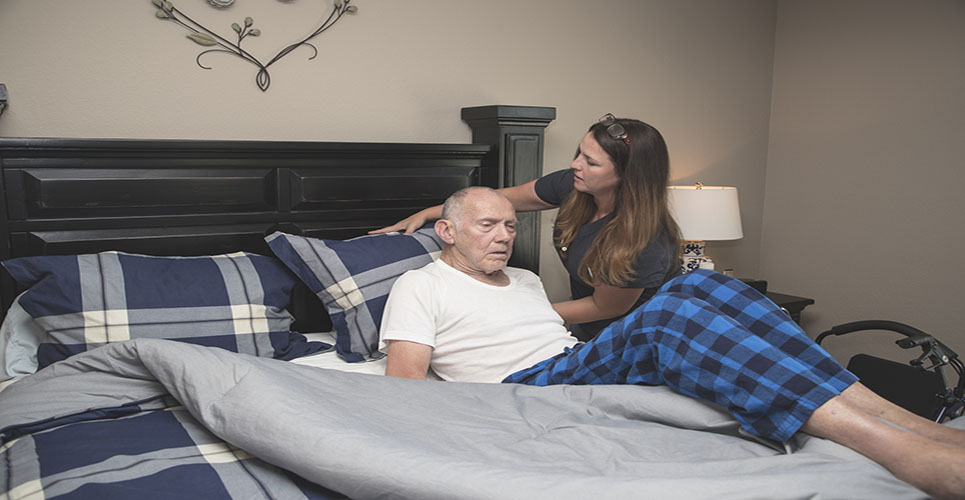Every day, people throughout the world reach for self-care products to help them deal with their common health problems. They do so because it may be easier, more cost- or time-efficient, because they may not feel their situation merits making an appointment with a healthcare professional, or because they may have few or no other options. Hence, the challenge and opportunity for governments, healthcare professionals and providers of self-medication products is to have a responsible framework in place for self-medication.
There is evidence that consumers can and do practise self-medication responsibly. Consumer studies carried out in many countries worldwide also indicate that citizens first read labels and leaflets before they use a nonprescription medicine for the first time. The use of nonprescription medicines corresponds to high levels of consumer satisfaction.
Economic and public health value
The economic and public health benefits of responsible self-medication have been analysed in a number of studies and were recently summarised in a document entitled The economic and public health value of self-medication.(1) The document demonstrates that total annual savings resulting from a move to self-medication of 5% of prescribed medication would exceed €16bn in the European Union. This calculation was based on the assumption that a considerable number of doctor consultations for minor illnesses could normally be avoided and treated by citizens themselves in a more cost-efficient manner. Thus, the study demonstrated that self-medication makes a significant contribution towards relieving the financial burden of European healthcare systems.
At the same time, the move of medicines from prescription to nonprescription status and the availability of a growing range of nonprescription medicines make an important contribution to public health. Case studies on vaginal mycosis, smoking cessation and heart disease prevention demonstrate how innovative nonprescription medicines may improve treatment as well as prevent illness. The study also points out that, whenever the economic and public benefits of self-medication are discussed, it is important to address inequalities in health. This means that not every citizen may feel sufficiently confident to use a nonprescription medicine without professional advice.
It may also be evident that not everyone has the financial means to do so. The whole notion of responsible self-medication – both in the traditional sense and in future settings – is based on the concept of choice. Allowing individuals certain options when they suffer minor, self-limiting or chronic diseases is a fundamental consideration behind responsible self-medication in Europe, and should be the basis for all policy considerations in the future. This means that a move of medicines from prescription to nonprescription status should be disconnected from considerations of the reimbursement of that medicine by social security institutions.
Political support
The importance of responsible self-medication has also been widely recognised by European and other organisations worldwide. The political debate around self-medication has therefore moved from general acceptance of self-medication within the healthcare systems to an active promotion of responsible self-medication for a range of indications that is much wider than in the past.
In some countries, there has been a clear move from accepting self-medication only for minor and self-limiting diseases towards supporting self-medication for the treatment and prevention of chronic conditions, often based on an initial medical diagnosis.
To this debate, the Association of the European Self-Medication Industry, AESGP, has made a number of contributions, including in particular a study related to information needs for medicines.(2) Potential indications for self-medication may be structured according to the possibility of self-diagnosis/self-management, consultation and ongoing involvement of a medical doctor and short- and long-term use.
Some examples mentioned in Development of an information policy for medicinal products show that nonprescription medicines are becoming accepted for a growing number of conditions requiring long-term use with the involvement of a medical doctor.(2) Following the paradigm shift to include the treatment and prevention of chronic diseases in self-care, the competent authority of the UK in 2004 authorised the product Zocor Heart-Pro(®) containing simvastatin 10mg as a nonprescription medicine for the prevention of stroke and heart attack.
Summary
The legislative and regulatory environment for nonprescription medicines in the European Union is today in line with the political support that responsible self- medication has received all over the world. It corresponds to the growing acceptance of new indications for nonprescription medicines beyond the traditional area of minor, self-limiting diseases.
To maximise the benefits of these developments for citizens, a close collaboration with all stakeholders is necessary. Particularly important are a close involvement of and understanding by health professionals. Pharmacists evidently have the possibility of playing a key role, provided they are appropriately trained and have the necessary communication skills to provide guidance.
This and many related issues have been discussed at the 15th WSMI General Assembly and 41st AESGP Annual Meeting under the title Working together for self-care: the world’s vision in Geneva (Switzerland), 1–3 June 2005.
Author
Hubertus Cranz
PhD PharmD
Director General
AESGP
Brussels
Belgium
E:[email protected]
References
- The economic and public health value of self-medication. Brussels; 2004. Available from: http://www.aesgp.be/ephv/2004study.pdf
- AESGP Foundation. Development of an information policy for medicinal products. Final report of a study supported by the European Commission under the Community Action Programme on health promotion, information, education and training within the framework for action in the field of public health. Final report. January 2002. Available from: http://www.aesgp.be/ResearchProject/FinalReport.pdf
Resource
Association of the European Self-Medication Industry
AESGP
W:www.aesgp.be
